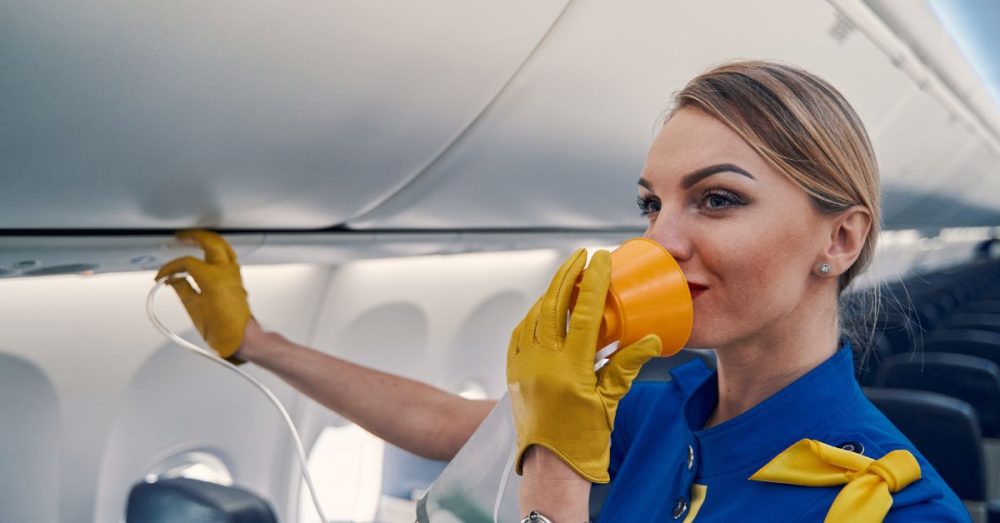Boeing’s PR team must be working overtime, desperately spinning tales about the company’s commitment to safety while regulators and passengers alike side-eye their every move.
In what should be a shocking development (but we all know it isn’t), the Federal Aviation Administration (FAA) announced it was going to inspect more than 2,000 737 MAX and Next Generation planes for an oxygen mask issue that could result in passengers not being able to get oxygen in the event of a depressurization incident.
It seems like only yesterday that Boeing reached a plea deal with federal prosecutors over allegations of criminal fraud related to two fatal Boeing aircraft crashes that resulted in hundreds dead.
Relatedly, Boeing and other airline industry fixtures have come under scrutiny for purportedly prioritizing “diversity, equity, and inclusion” initiatives over safety, as previously reported by The Dallas Express.
Multiple whistleblowers at Boeing have come forward and raised the alarm over the company’s lackluster quality control measures, prompting a number of investigations by the FAA.
ZeroHedge has reported that the price of Boeing shares has dropped by more than 3% since news of the oxygen mask issue broke on Monday.
Here’s some of what Reuters reported about Boeing’s latest headache:
The Federal Aviation Administration said on Monday it is requiring inspections of 2,600 Boeing 737 airplanes because passenger oxygen masks could fail during an emergency due to a retention strap.
The FAA said it was requiring the inspections of 737 MAX and Next Generation airplanes after multiple reports of passenger service unit oxygen generators shifting out of position, an issue that could result in an inability to provide supplemental oxygen to passengers during a depressurization event.
Boeing, which on June 17 issued a bulletin to airlines calling for visual inspections, said Monday it had told airlines to update a subset of the restraining straps on 737 oxygen generators after a new adhesive introduced on the straps in August 2019 had been seen under certain circumstances to allowed units to shift up to three quarters of an inch.
“We have gone back to the original adhesive for all new deliveries to ensure the generators remain firmly in place, as intended,” Boeing said, adding inspections of the in-service fleet and undelivered airplanes have not identified any units that failed to operate properly.


